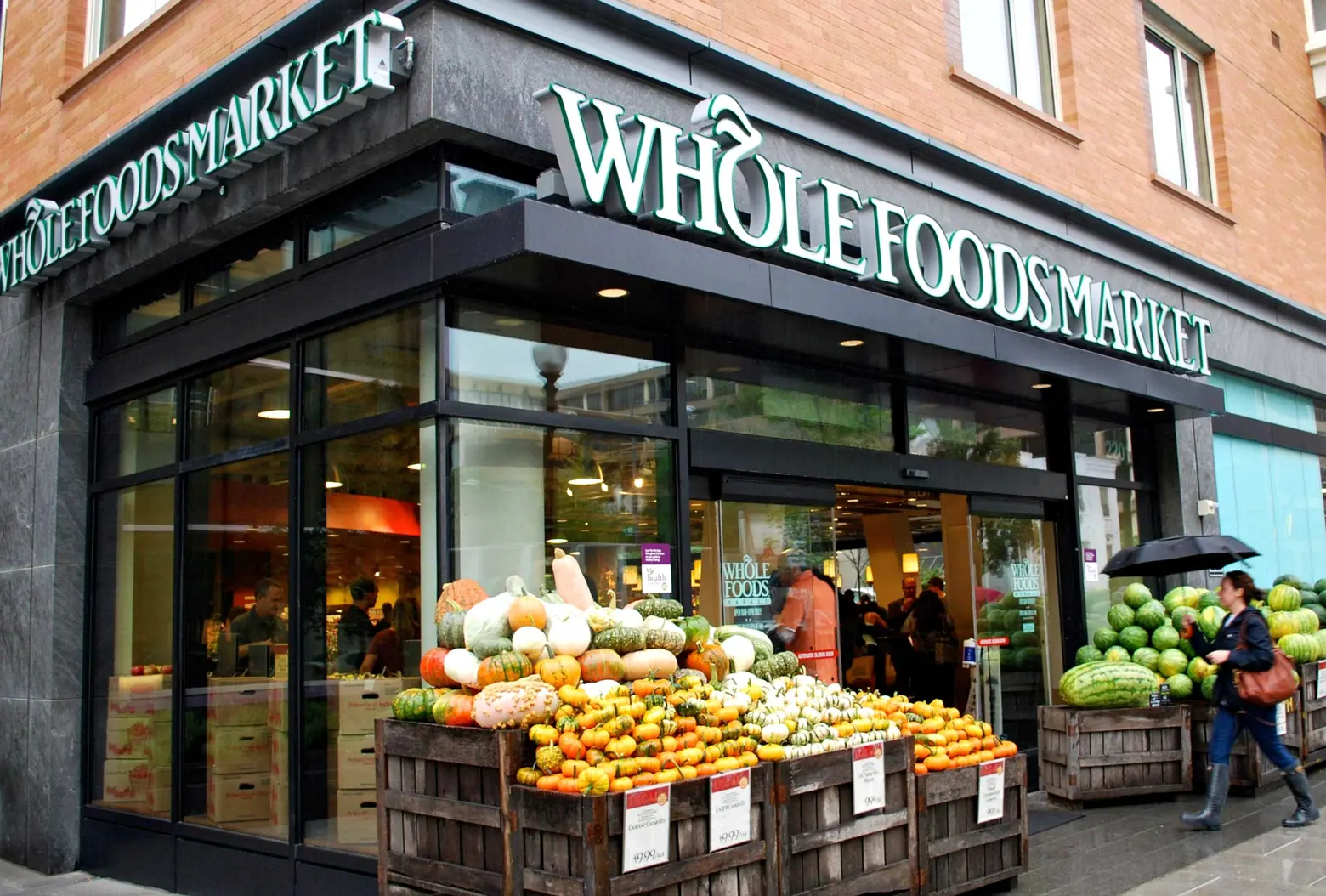The Whole Foods Effect: Does the Green Grocery Increase Home Values?

Fairway Market, considered by many the quintessential New York City supermarket, filed for bankruptcy yesterday, citing competition from “natural, organic and prepared food rivals” and “online ordering and home delivery services,” according to the Wall Street Journal. Perhaps their biggest threats are Whole Foods and Trader Joe’s, which both seem to be in a very different boat. Yahoo! Finance looked at data of four million homes in the U.S. that are located in a zip code with either one of these stores, “finding that average property values in a ZIP code with Trader Joe’s appreciated by about 40 percent since they were purchased, while homes with a Whole Foods in the ZIP code appreciated by nearly 34 percent.”
The reasoning is quite simple — people will pay a premium for the convenience of being near their favorite stores. And proximity to a store like Whole Foods, often thought of as more high-end than other grocery stores, adds an air of prestige to a neighborhood. But the science behind it is a bit of a chicken or the egg situation — does a retailer directly affect home values, or are these companies able to identify locations where they’ll generate the most interest?
When deciding on a new location, major retailers, such as Whole Foods, Starbucks, Walgreens, and Lululemon, typically work with companies that provide demographic information. They look at the physical space, the cost to rent or build, and who their customer base would be. Oftentimes, opening a store in a gentrifying area is seen as an investment. For example, in 2013, Whole Foods opened a new outpost in downtown Detroit. It was the first time in a decade that a national grocery store chain opened in the city. In 2009, the median home sale price here was $19,000. By 2015, it had skyrocketed to $80,000. And during this same time period, the median home price throughout the entire city quadrupled. Of course, this is attributed to many factors, but one can argue that the opening of a Whole Foods in the previously struggling city encouraged other businesses to open, too.
But don’t get too excited — a new Whole Foods isn’t going to increase your home’s value overnight. Real estate appraisals look mainly at comparable home sales in the area, and as Yahoo! explains, “While nearby stores do have an impact, something like a new roof is going to have a bigger influence on the market value of your home compared to the other houses nearby.” So when a desirable new store opens, it’s likely to take several years before property values will really be affected.
[Via Yahoo! Finance]
RELATED:





























